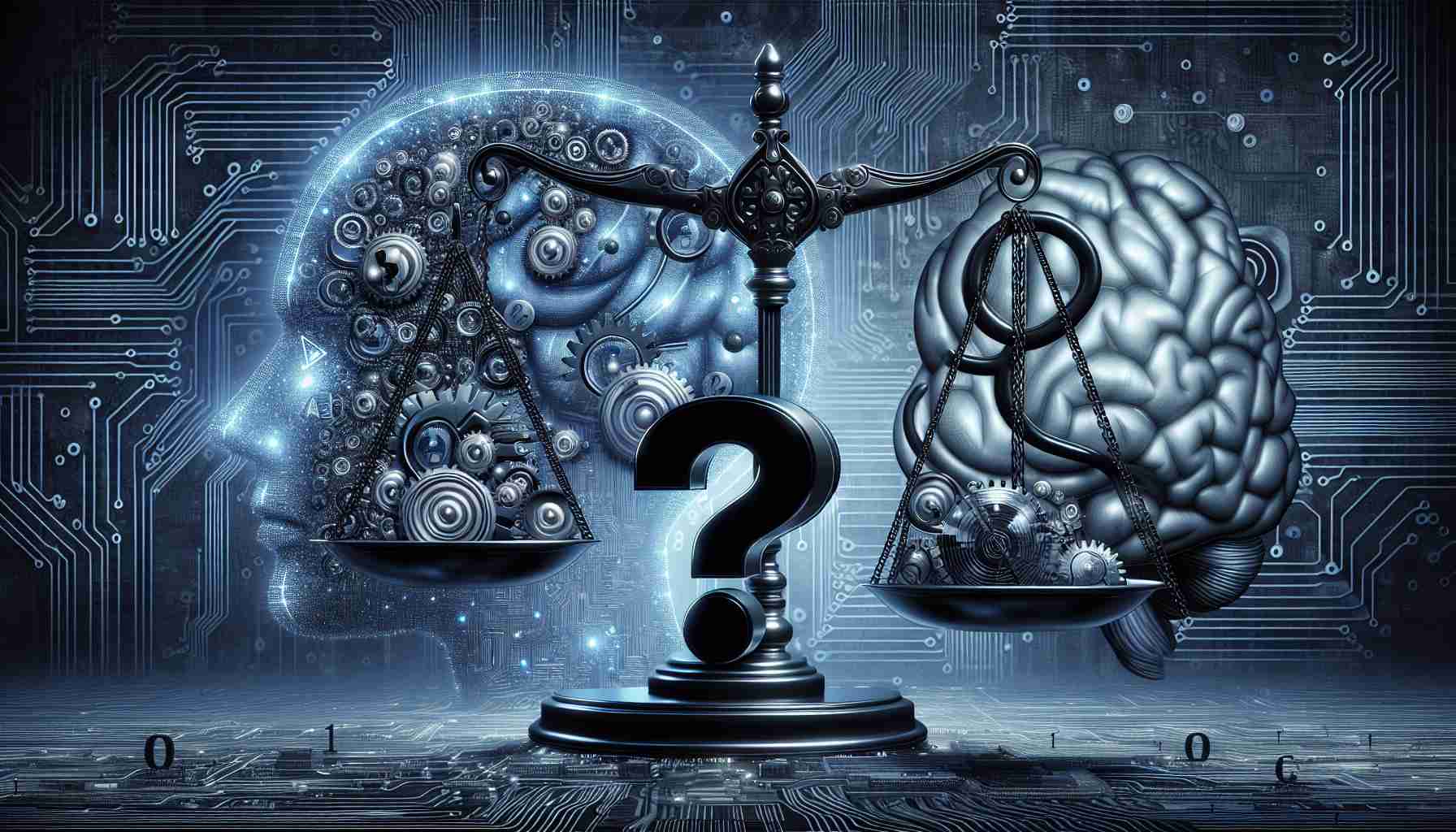Simon Willison, a well-known open-source developer recognized for his contributions to the Django framework and Datasette tool, has recently emerged as a prominent commentator on AI software. His ability to explain complex concepts in an accessible manner has earned him a wide audience. In a recent interview with The Register, Willison shared his thoughts on AI, software development, intellectual property, and related issues.
The conversation touched on the unresolved concerns surrounding AI models and copyright, which is often considered the elephant in the room. Willison acknowledged that this issue has both legal and ethical dimensions. Just because something may be legally permissible, it doesn’t mean it feels fair. Willison specifically highlighted the use of unlicensed, copyrighted works in training image and large language models, raising questions about the impact on the original creators.
One interesting development that caught Willison’s attention was the New York Times lawsuit, which demonstrated how AI language models could reproduce significant portions of the newspaper’s articles. He also discussed the Copilot case, which emphasized the challenges associated with open-source code, where licenses are often ignored during model training.
Considering the complexity of the issue, Willison emphasized that finding a satisfactory solution is challenging. On one hand, imposing strict licensing requirements for language models trained on licensed data could create barriers to entry, restricting access to this groundbreaking technology to only the wealthiest. On the other hand, a scenario where models can be trained on any material without consequences would undermine copyright and potentially lead to legal disputes.
Ultimately, Willison concluded that technology cannot be uncreated, and there is no easy resolution to this dilemma. As the debate continues, he remains committed to exploring the potential of AI models that can be run on personal devices. Regardless of the outcome, the ethical implications of AI and copyright will continue to shape the future of software development and intellectual property rights.
Simon Willison is an esteemed open-source developer known for his contributions to the Django framework and Datasette tool. In a recent interview with The Register, he discussed the ethical and legal concerns surrounding AI models and copyright. He highlighted the use of unlicensed, copyrighted works in training these models, raising questions about the original creators’ competition. Willison also mentioned notable cases, such as the New York Times lawsuit, that demonstrate how AI language models can reproduce substantial portions of articles. He emphasized the challenges faced with open-source code and the potential legal disputes if models can be trained on any material without consequences. Despite the complexity of this issue, Willison believes that technology cannot be undone, and he remains dedicated to exploring AI models that can be run on personal devices. The ethical implications of AI and copyright will undoubtedly continue to impact software development and intellectual property rights.
The source of the article is from the blog klikeri.rs
